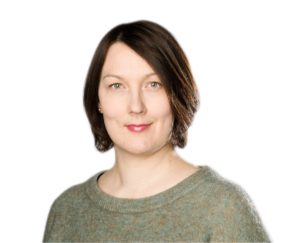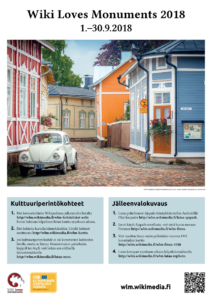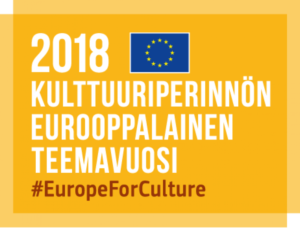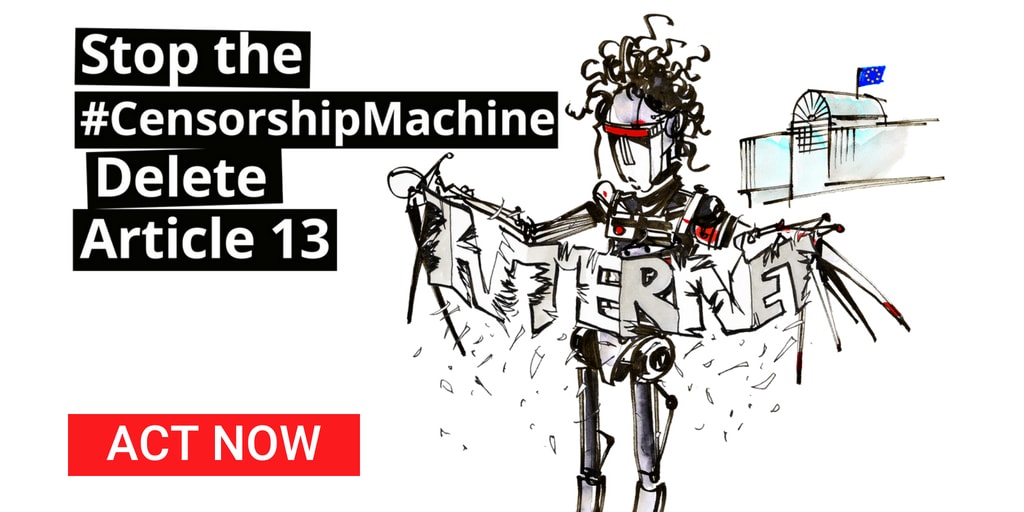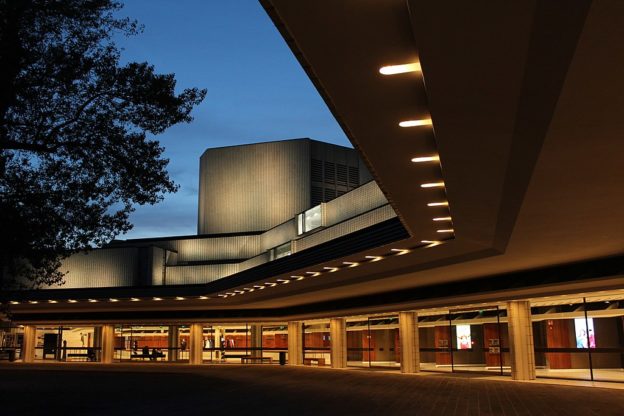Kymmenen vuotta sitten syntyneen IHME-festivaalin ideana on ollut tuoda esille nykytaidetta. Taidesäätiö Pro Arten järjestämä festivaali on kutsunut vuosittain kansainvälisen nykytaiteilijan tai taiteilijaryhmän tekemään IHME-teoksen julkiseen kaupunkitilaan. Jokainen teos on dokumentoitu huolellisesti IHMEessä. Mutta Wikipediassa teoksista on tietoa vähän.
Teokset ovat painottuneet aika- ja paikkasidonnaisiin teoksiin eli katoavaan taiteeseen. Tuodakseen katoavaa taidetta ja taiteen moninaisuutta esiin IHME ja Wikimedia Suomi järjestävät lauantaina 1.12. Töölössä sijaitsevan Kulttuuritehdas Korjaamon Vintti-tilassa Wikimaratonin. Tavoitteena on luoda artikkeli kustakin IHME-teoksesta noin neljän tunnin maratonspurtilla klo 14-18.
Mikä IHME?
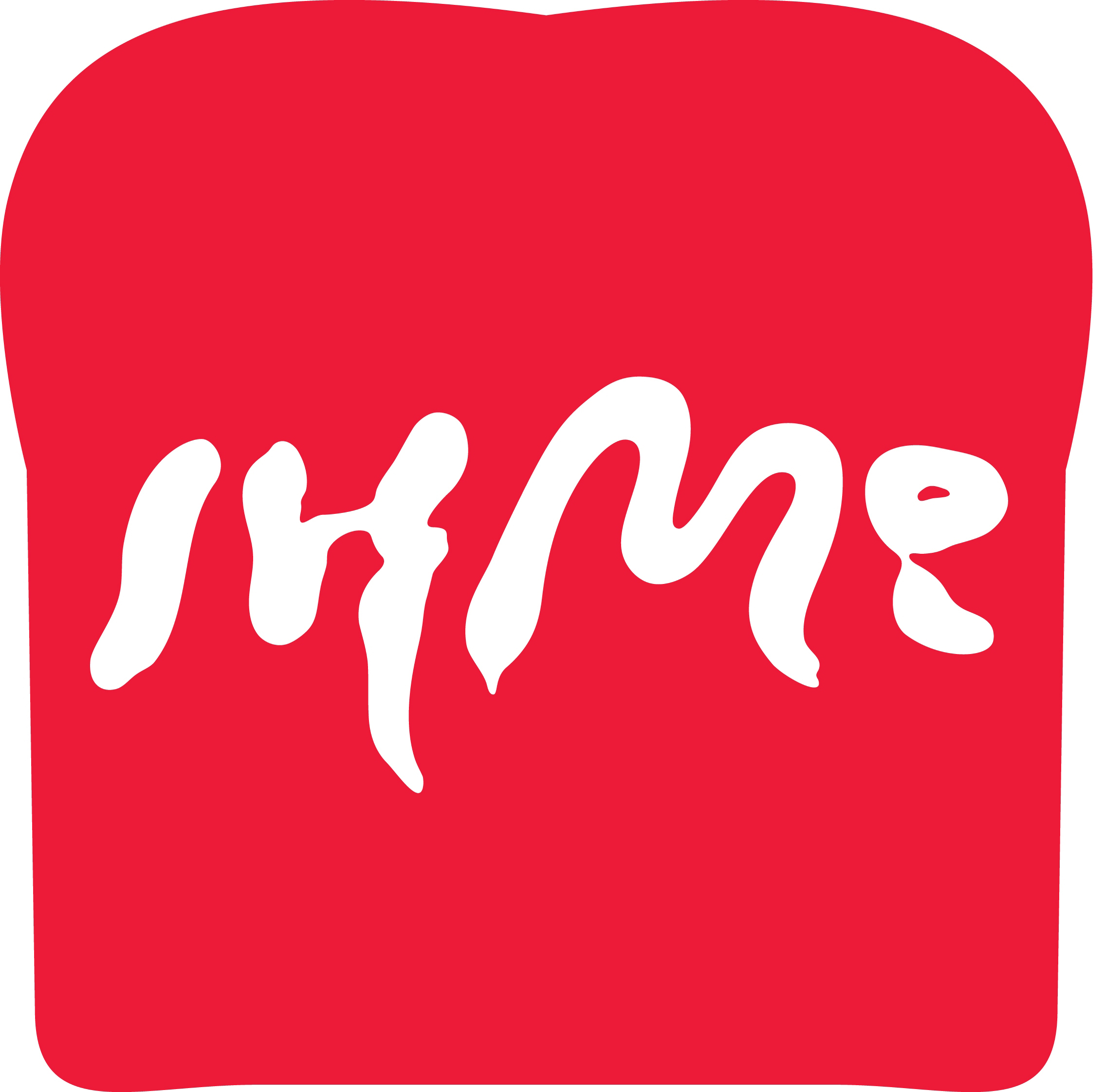
IHME-festivaalin tunnus on paahtoleipä, jolle teksti pursotettiin alun perin majoneesituubista.
Taidesäätiö Pro Arten toiminnanjohtaja Paula Toppila kertoo, että festivaalin toiminta perustuu nimenomaan nykytaiteen tuomiseen arkisiin paikkoihin, joissa taidetta ei ole yleensä totuttu näkemään. IHMEelle on nimensä mukaisesti tärkeää yllättää yleisönsä ja ravistella ajatuksia. Arkipäiväisyyden ja yllättävyyden yhdistelmää kuvastaa myös festivaalin paahtoleivän muotoinen tunnus, jonka ensimmäiseen fyysiseen versioon teksti IHME pursotettiin majoneesilla.
IHME-teosten aiheet ovat vaihdelleet. Tarkka luettelo IHME taiteilijoista ja teoksista löytyy täältä: https://www.ihmefestival.fi/ihme-teos/
Tässä muutamia poimintoja:
- Vuonna 2011 tanskalainen ryhmä Superflex esitti teoksessaan Modern Times Forever (Stora Enso Building, Helsinki) Helsingin Kauppatorille pystytetyllä näytöllä 240-tuntisen elokuvan. Siinä näytettiin mitä Stora Enson pääkonttorille voisi tapahtua seuraavan viiden tuhannen vuoden aikana.
- Jeremy Dellerin teos Do Touch toi vuonna 2015 museoista lainatut esineet kaikkien kosketettavaksi pääkaupunkiseudun kauppakeskuksiin ja muihin julkisiin tiloihin.
- Viimeisin, keväällä 2018 julkaistu teos on ruotsalaisen Henrik Håkanssonin THE BEETLE -elokuva, joka nostaa valokeilaan erittäin uhanalaisen, vain Vantaan Myyrmäessä esiintyvän halavasepikkäkuoriaisen.
Nykytaiteen tieto saavutettavaksi
Paula Toppila kertoo, että yksi IHMEen toiminnan kivijaloista on saavutettavuus. Taiteesta nauttiminen pyritään tekemään kaikille mahdolliseksi, ja siksi IHME-teokset ovat koettavissa julkisessa tilassa ilmaiseksi.
Työtä nykytaiteen tunnettuuden lisäämiseksi riittää silti edelleen. Esimerkiksi kymmenestä kansainvälisesti tunnetusta IHME-taiteilijasta vain neljästä on artikkeli suomenkielisessä Wikipediassa. Toistaiseksi vain yhdestä IHME-teoksesta – Yael Bartanan True Finn –elokuvasta (2014) – on oma Wikipedia-artikkeli.
Jatkot Speech Karaokena
Wikimaratonin jälkeen klo 18 alkaen IHME-ilta jatkuu Vintillä Speech Karaokella eli puhekaraokella, jossa osallistujat voivat perinteisen karaoken tapaan tulkita myös ikimuistoisimpia IHME-festivaaleilla kuultuja puheenvuoroja. Wikimaratonin osallistujat ovat lämpimästi tervetulleita myös iltaohjelmaan, joka jatkuu aina klo 22 asti.
IHME-ilta = Wikimaraton + Speech Karaoke Korjaamon Vintillä (os. Töölönkatu 51) lauantaina 1.12. klo 14-22. Tapahtuma on kaikille avoin ja ilmainen. Mukaan tarvitset vain oman läppärin. Wikimaratonin osallistujille tarjotaan lounas, minkä vuoksi ilmoittautumisia toivotaan etukäteen: https://goo.gl/forms/t6vKPR8hxD4OUGZd2
- Lisätietoja IHMEen verkkosivuilla: https://www.ihmefestival.fi/2018/11/ihme-ilta-1-12-2018/
- Wikipedian projektisivu https://fi.wikipedia.org/wiki/Wikiprojekti:IHME



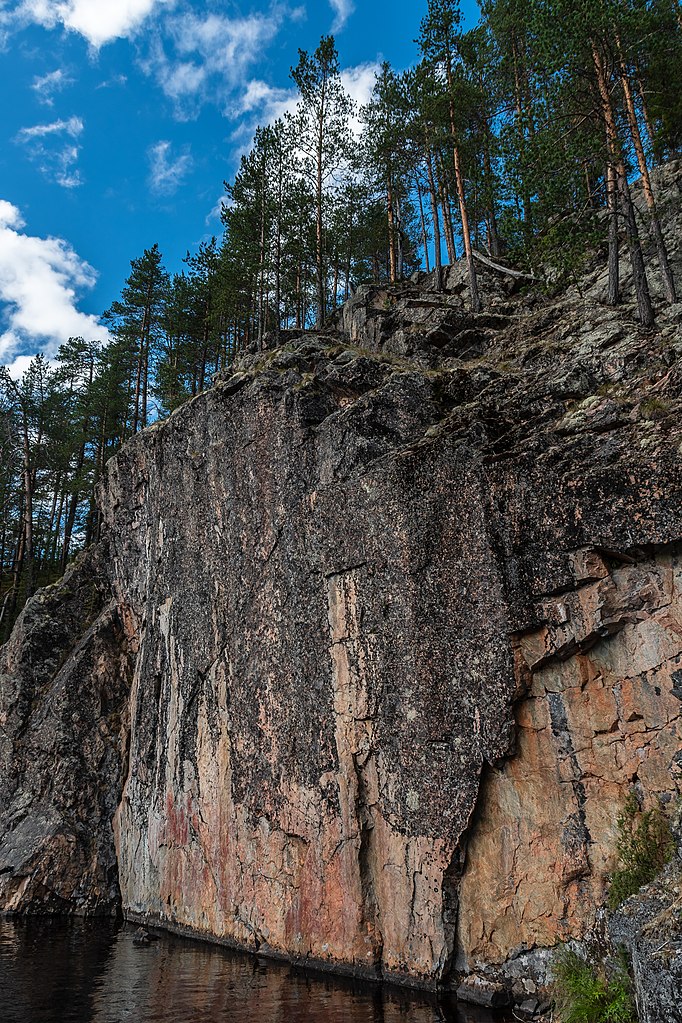

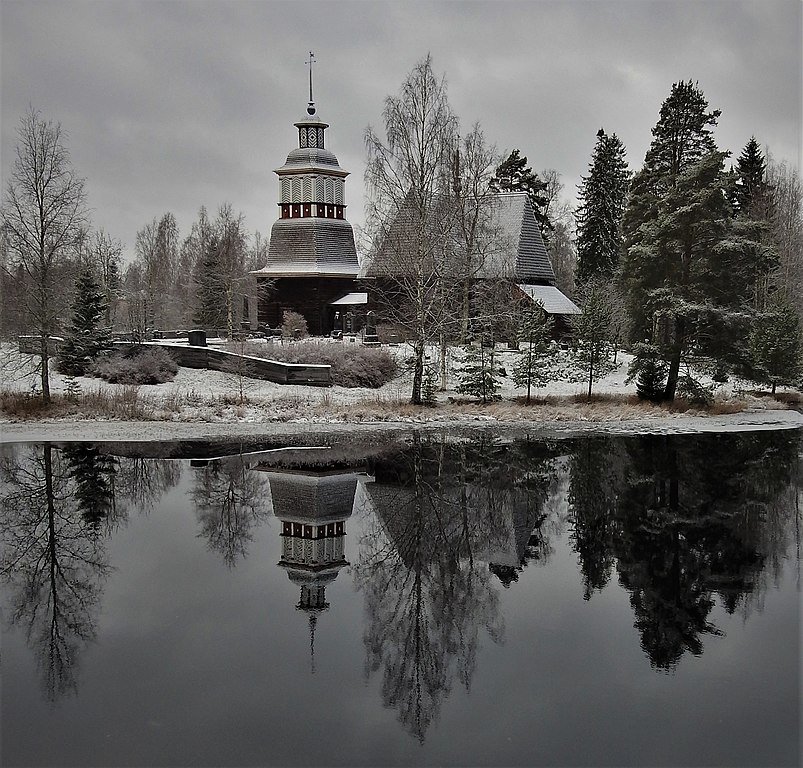













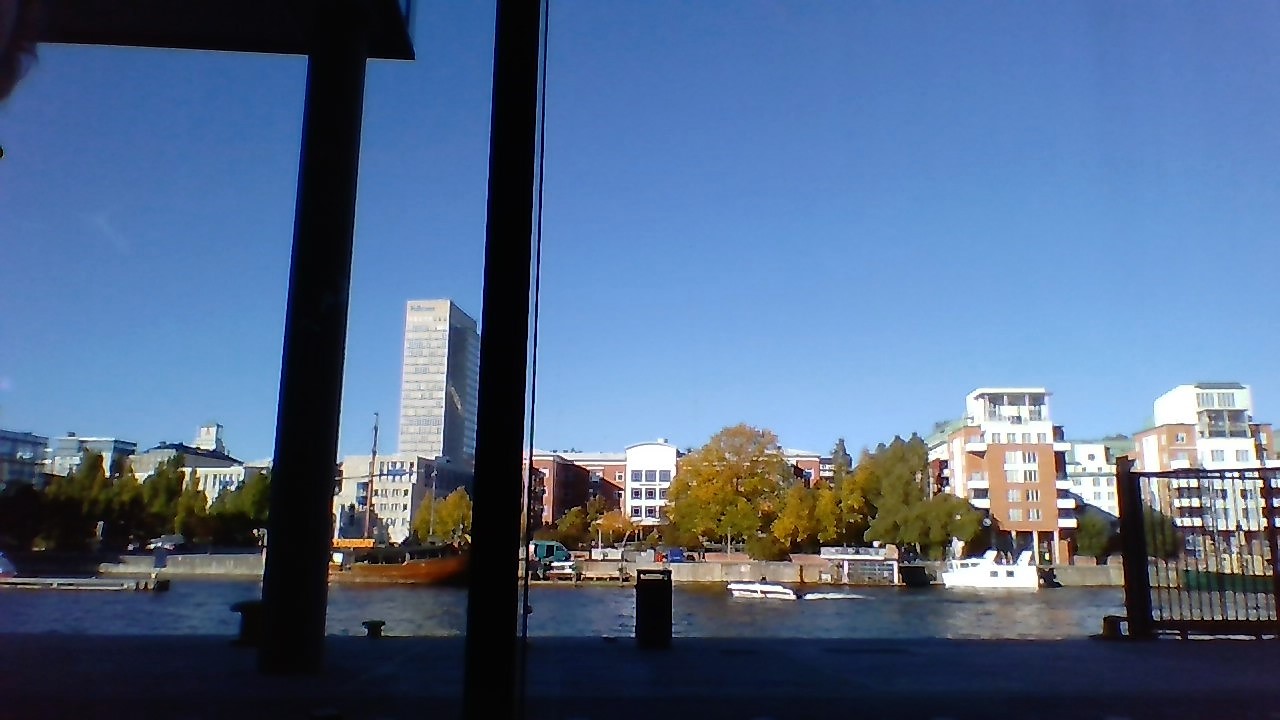
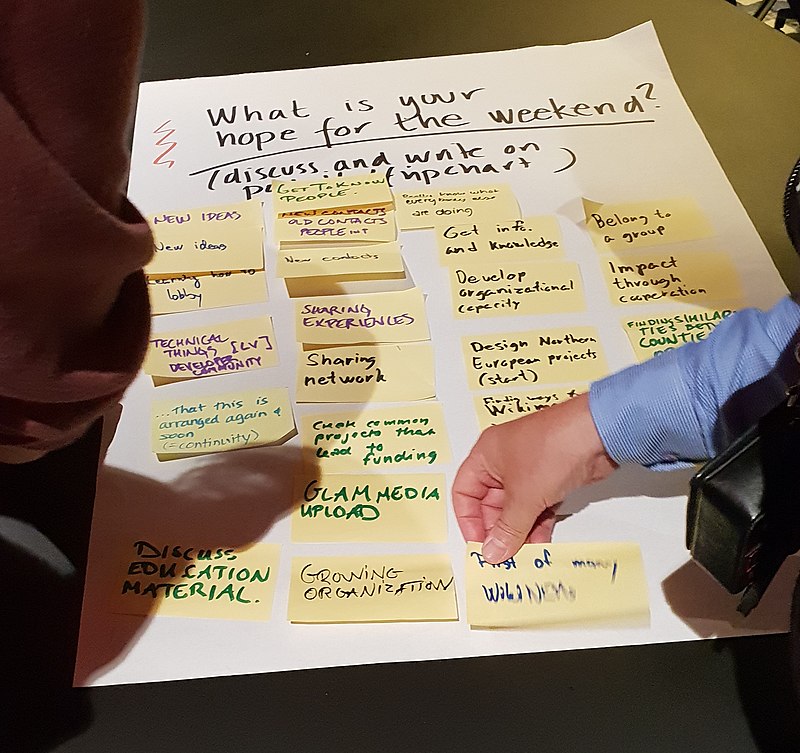
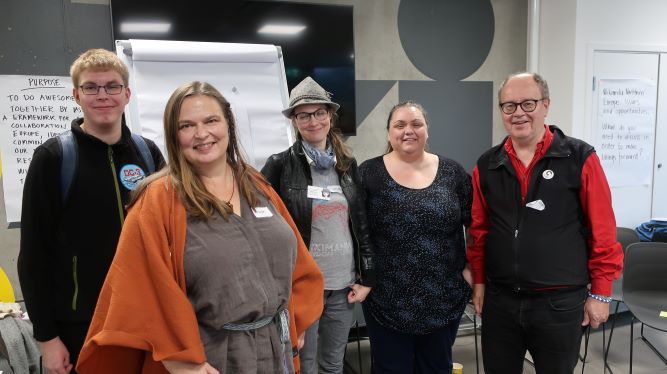

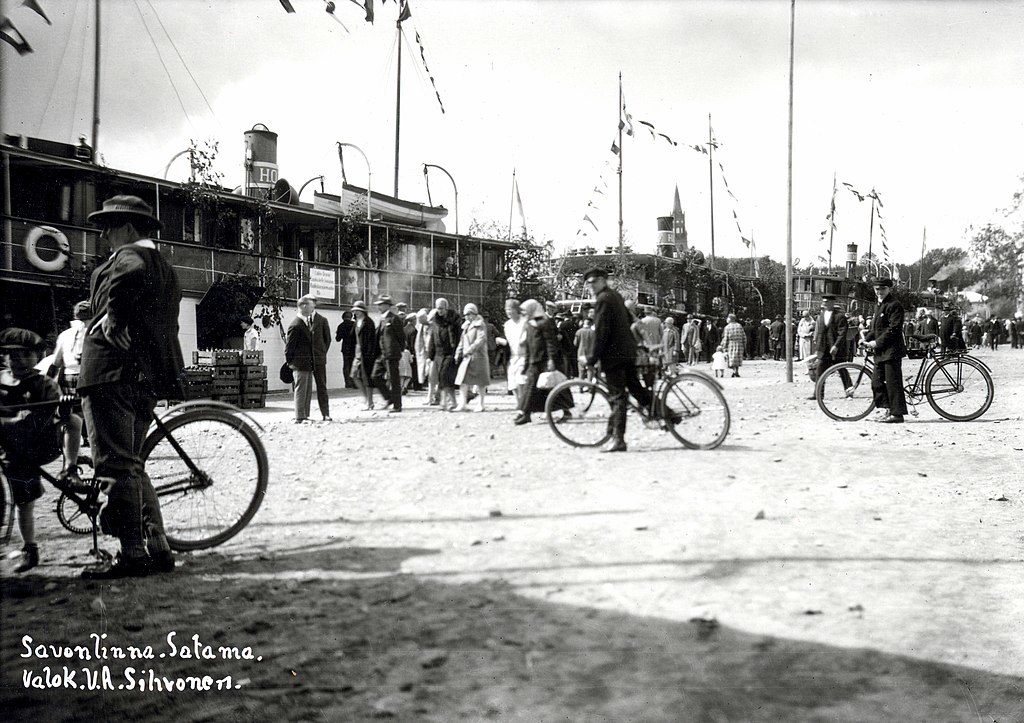
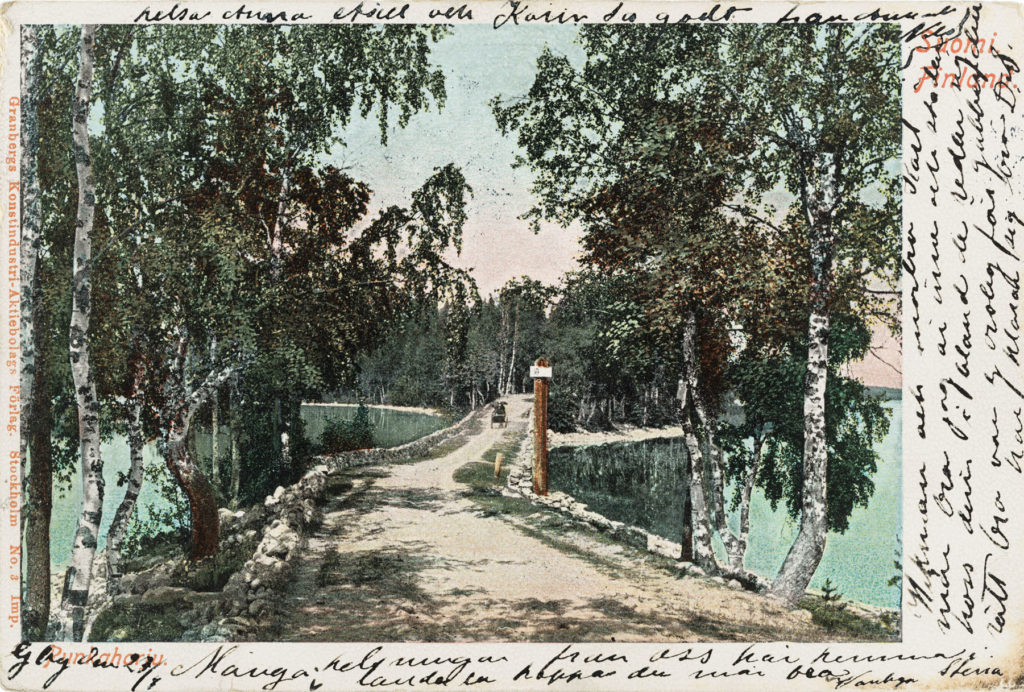
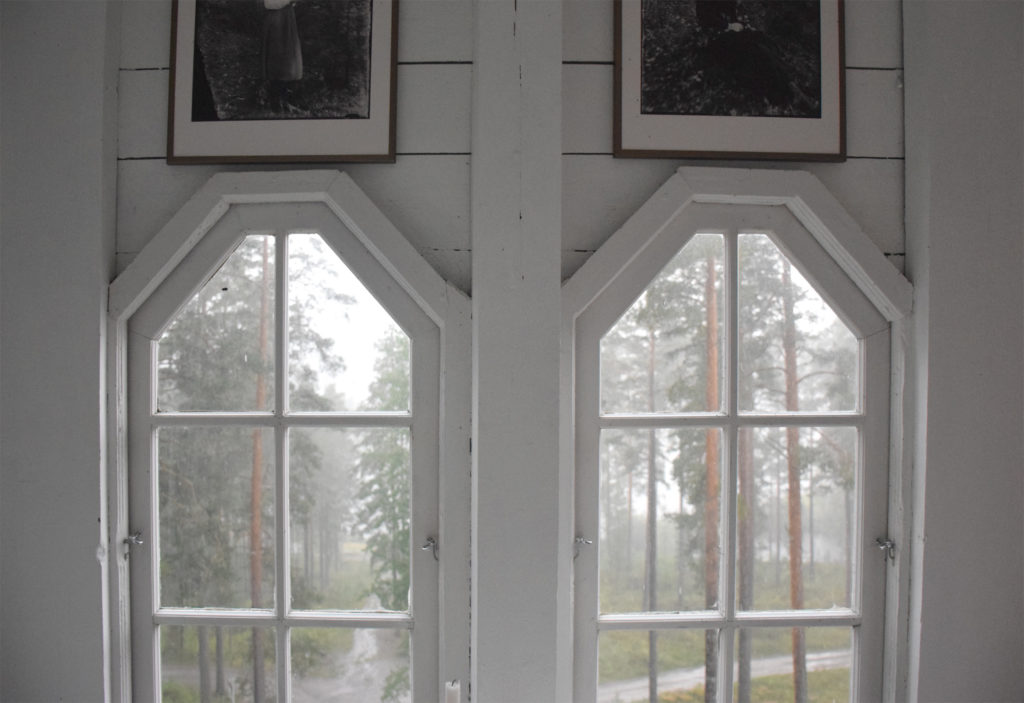
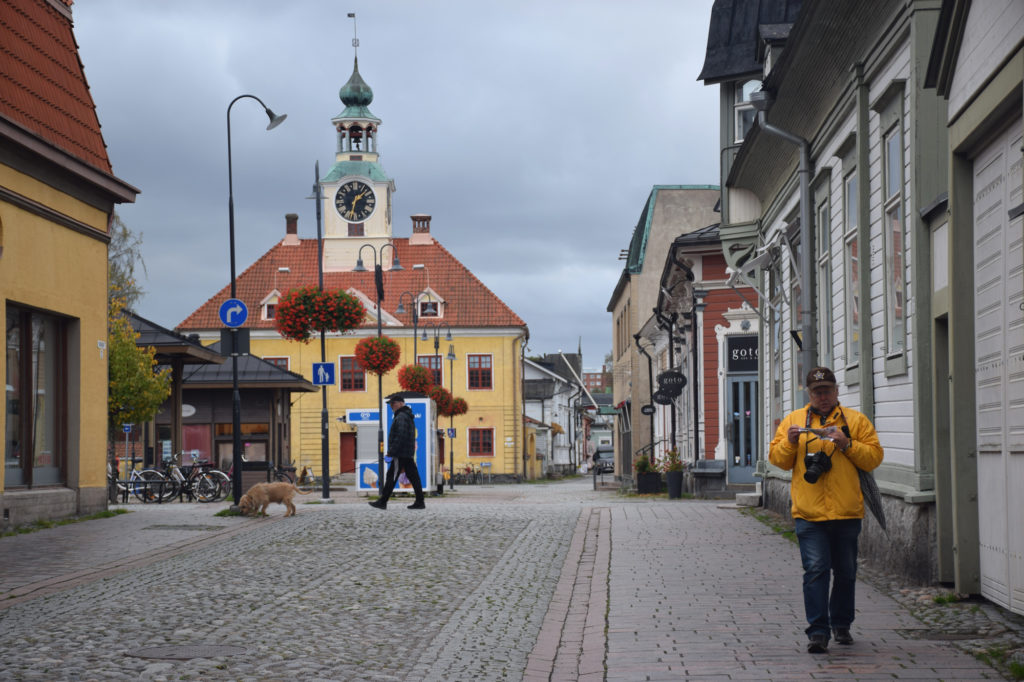
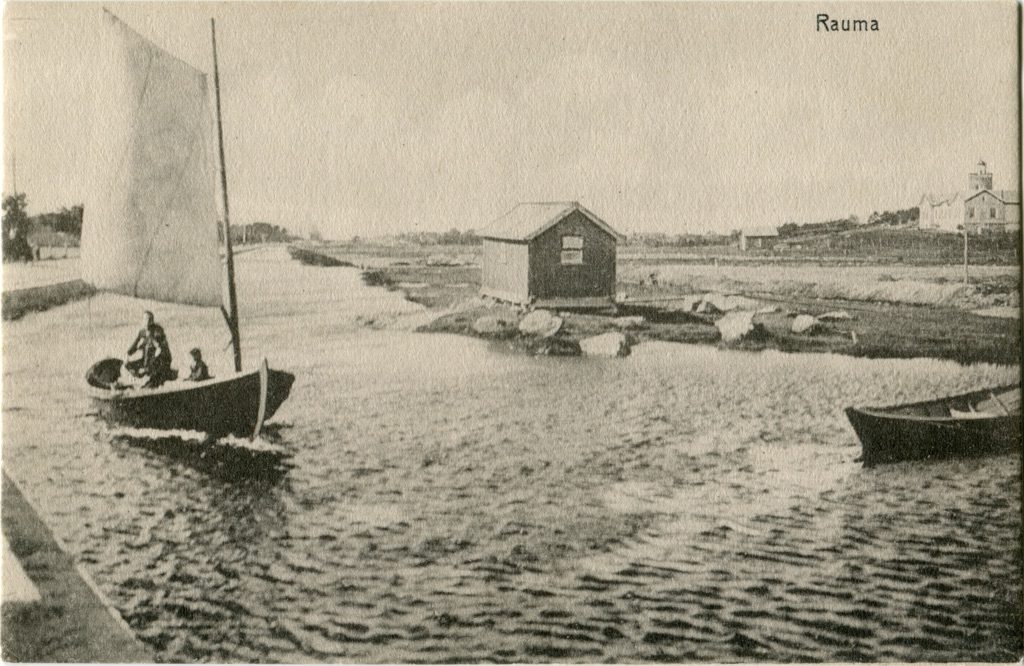
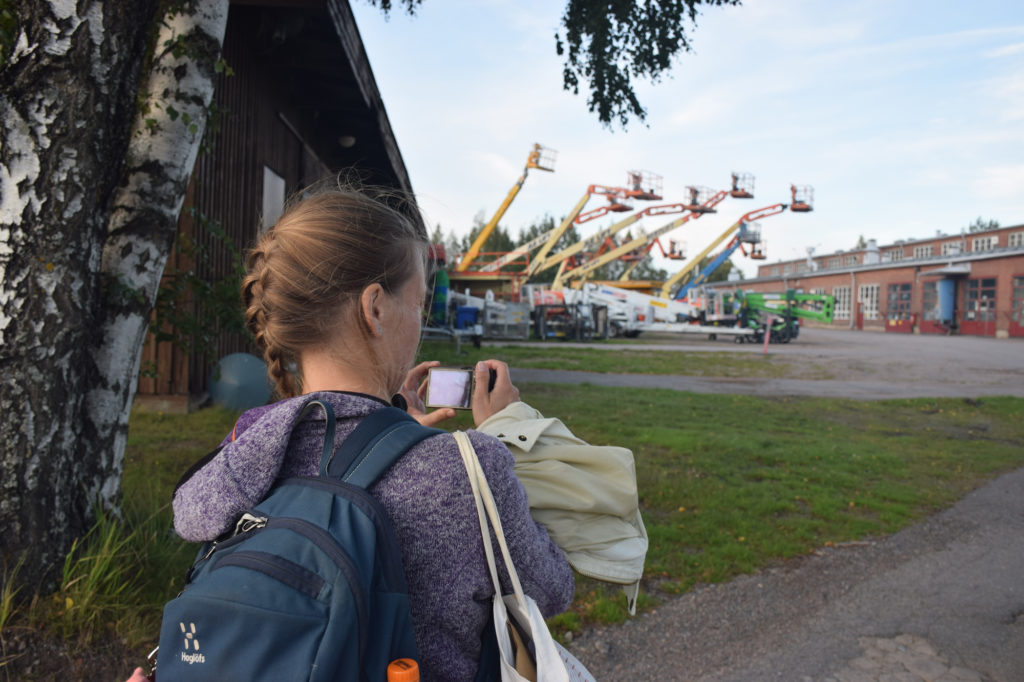
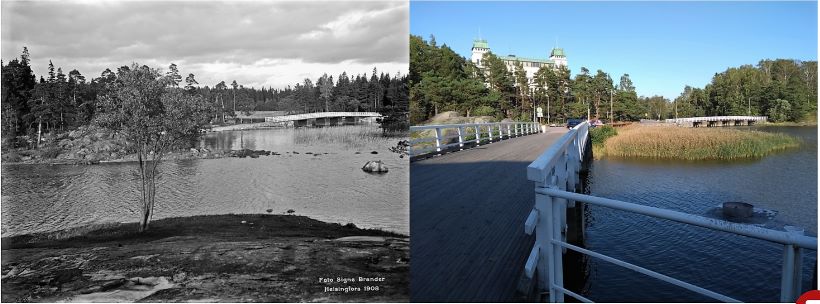
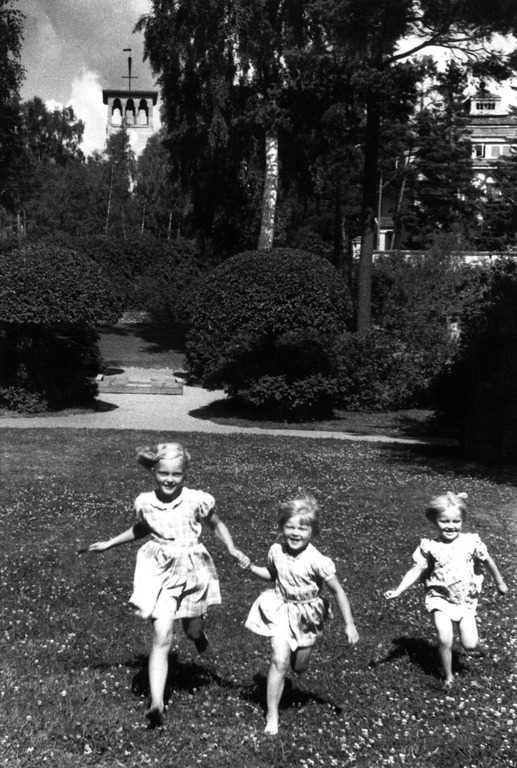
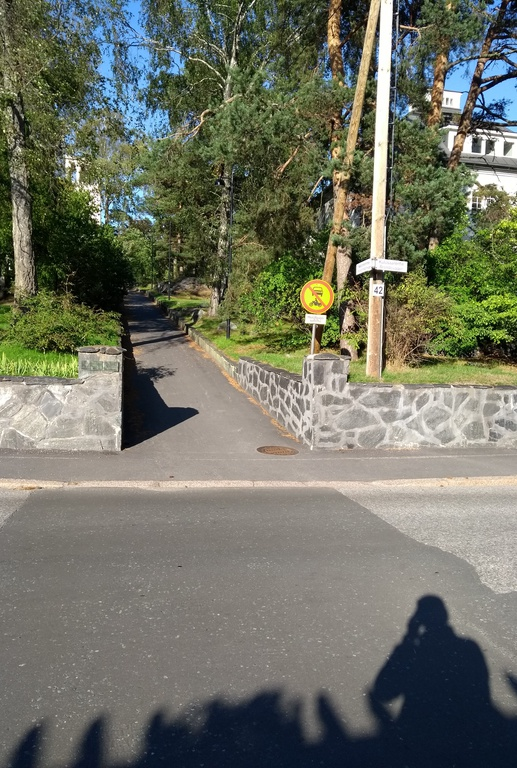
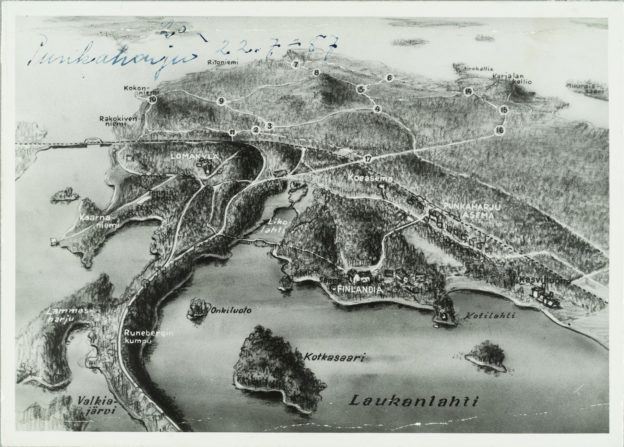

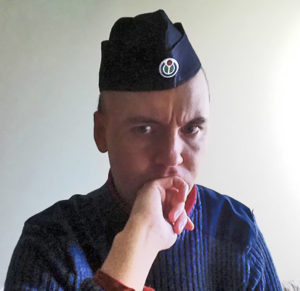 Olen graafinen suunnittelija. Oma alani on tiedon visualisointi. Tiedon on oltava näkyvää, että useimmat ihmiset sen ymmärtävät.
Olen graafinen suunnittelija. Oma alani on tiedon visualisointi. Tiedon on oltava näkyvää, että useimmat ihmiset sen ymmärtävät.